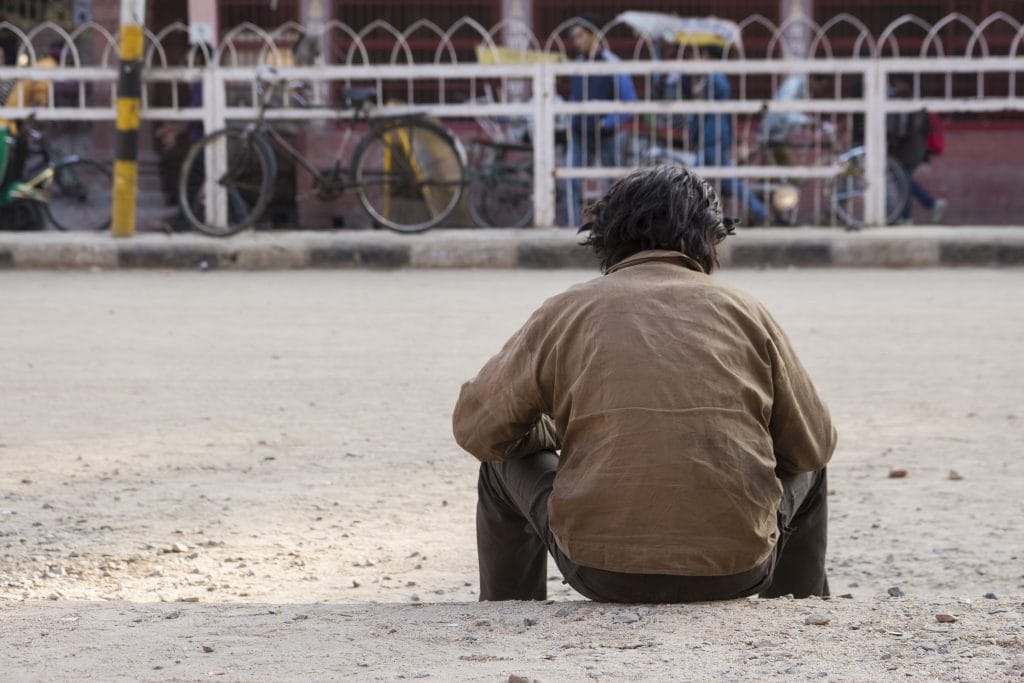
This year, International Men’s Day foregrounded the importance of boys’ and men’s health. Men’s mental health is deserving of particular attention.
The observance occurs annually on November 19th. Though introduced in 1992, it is a relatively recent occurrence for India. The country first celebrated the occasion in 2007, led by men’s rights advocacy groups such as Family India. Although men’s rights advocacy groups are controversial in some respects, given the socioeconomic and health gender disparities in India that disproportionately affected women and girls, to pay attention to men’s health is important – particularly when it comes to mental health.
It is men’s mental health that this article will focus on. Last year, we reported that one in seven Indians are affected by mental health issues, citing research conducted by the Indian Council of Medical Research (ICMR). In 2017, roughly 197 million Indians experienced such conditions. Depression alone affected 45.7 million people. Anxiety disorders, meanwhile, affected 44.9 million people.
Despite the scope of the burden of mental health issues in India, there is a severe lack of access to treatment and a substantive dearth of adequate funding. As Health Issues India reported at the time, “mental healthcare accounts for just 0.16 percent of the government budget for health. In addition, there is an acute shortage of psychiatric professionals in the country.
“Data indicates that there are 0.3 psychiatrists, 0.12 psychologists and 0.07 social workers for every 100,000 Indians, leaving even those who have overcome stigma and are seeking mental healthcare to struggle alone.”
As mentioned there, stigma surrounding mental health issues is ubiquitous in India. This is despite important advances, such as the passage of Mental Healthcare Act, 2017 that reversed decades of antiquated, stigmatising policy obstructing access to treatment, and the Insurance and Regulatory Development Authority of India (IRDAI) moving to guarantee coverage for mental healthcare in health insurance plans.
Stigma surrounding mental health is nonetheless disturbingly common. “Due to the stigma and lack of awareness and lack of accessibility to proper mental health care, it takes anywhere between one year to fourteen years or more for [a] patient to seek treatment after suffering from schizophrenia and psychosis,” wrote Dr Madhusudan Singh Solanki last year, in the case of schizophrenia. This phenomenon is sadly true of most – perhaps all – mental health disorders.
For men, to talk about mental health is perilous. It can be interpreted as a sign of weakness, a repudiation of their own masculinity. Underreporting of mental health issues likely masks the true burden of such disorders in India. Originating a dialogue, sustaining that dialogue, challenging outdated social mores, and giving a voice to the voiceless without fear of exclusion and mockery is what needs to be undertaken to ensure that men’s mental health (not to mention all people’s mental health) is taken seriously and addressed in a manner that is dignified and respectful.
Contact details for mental health support in India can be accessed here.
If you are suicidal or experiencing suicidal thoughts, visit your nearest hospital or contact AASRA on 91-22-27546669 or Sneha India on 91 44 24640050 helpline. A list of other suicide helplines can be accessed here.

